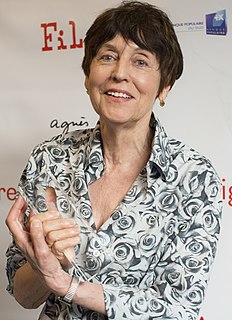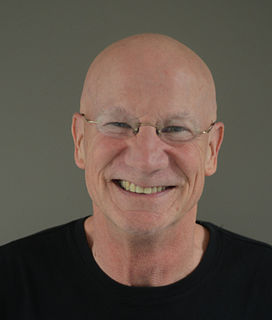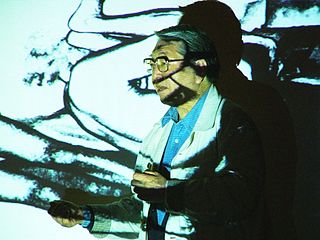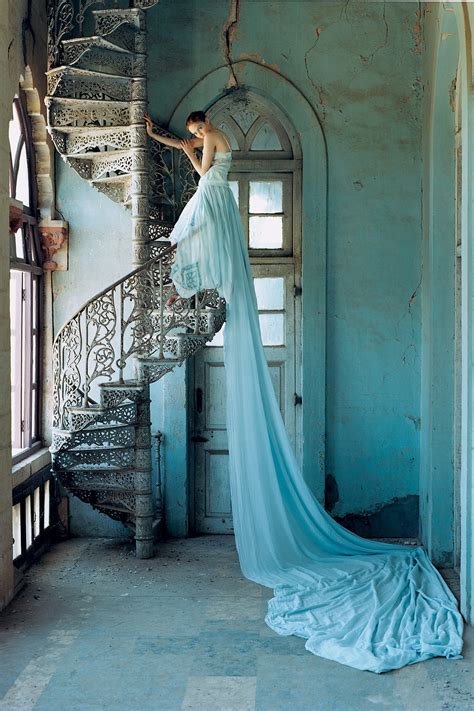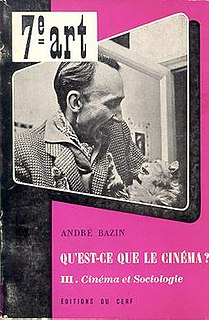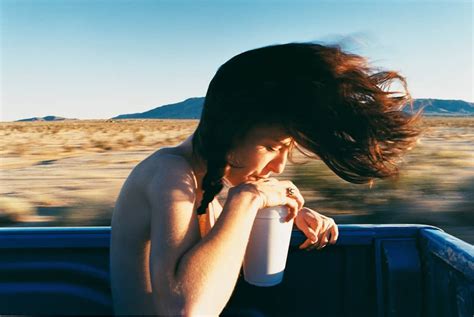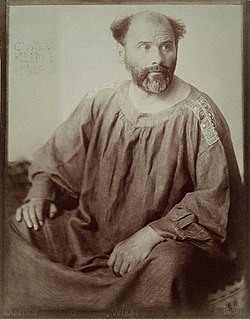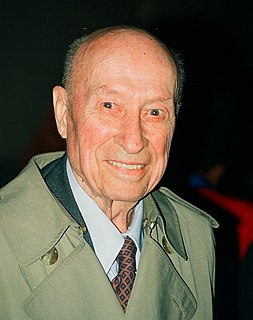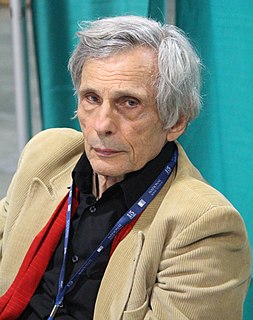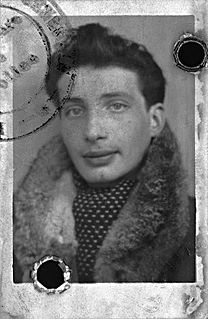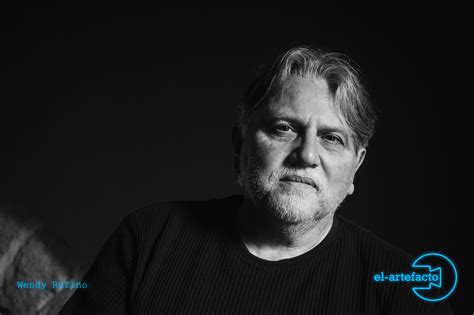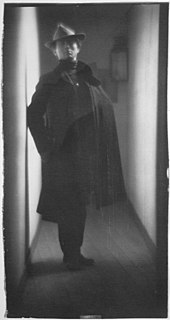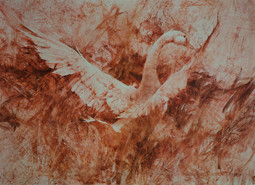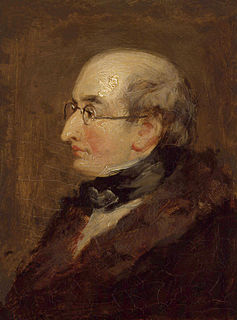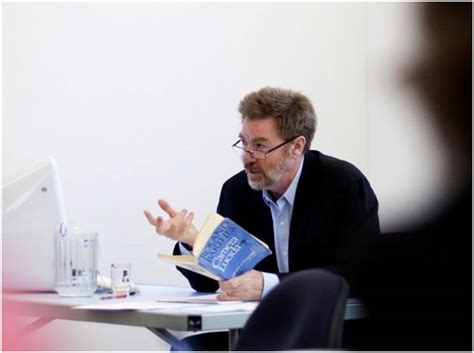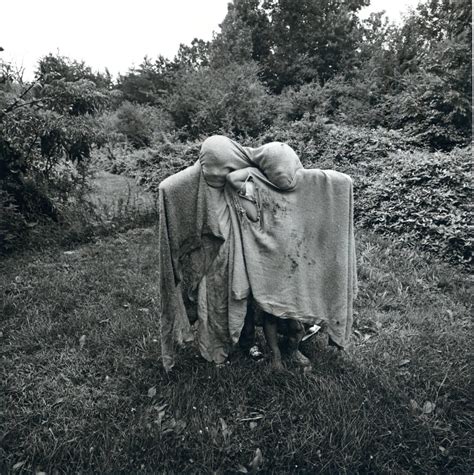Top 1200 Self Portrait Photography Quotes & Sayings - Page 5
Explore popular Self Portrait Photography quotes.
Last updated on April 20, 2025.
It's possible to think of photography as an act of editing, a matter of where you put your rectangle pull it out or take it away. Sometimes people ask me about films, cameras and development times in order to find out how to do landscape photography. The first thing I do in landscape photography is go out there and talk to the land - form a relationship, ask permission, it's not about going out there like some paparazzi with a Leica and snapping a few pictures, before running off to print them.
I have read all of Daniel Aaron's books, and admired them, but in The Americanist I believe he has composed an intellectual and social memoir for which he will be remembered. His self-portrait is marked by personal tact and admirable restraint: he is and is not its subject. The Americanist is a vision of otherness: literary and academic friends and acquaintances, here and abroad. Eloquently phrased and free of nostalgia, it catches a lost world that yet engendered much of our own.
I have never painted a self-portrait. I am less interested in myself as a subject for a painting than I am in other people, above all women... There is nothing special about me. I am a painter who paints day after day from morning to night... Who ever wants to know something about me... ought to look carefully at my pictures.
'Empire of Self' is a loving portrait of a very difficult man. Jay Parini, himself a gifted novelist, poet and biographer, has gone very deep into the 'black energy' of Gore Vidal's relentless narcissism and megalomania. Parini envisions an epic battle between Vidal's angelic and demonic sides, yet there's very little of the angel in Vidal.
There is no reaching the Self. If Self were to be reached, it would mean that the Self is not here and now but that it is yet to be obtained. What is got afresh will also be lost. So it will be impermanent. What is not permanent is not worth striving for. So I say the Self is not reached. You are the Self; you are already That.
To speak technically photography is the art of writing with light. But if I want to think about it more philosophically, I can say that photography is the art of writing with time. When you capture an image you capture not only a piece of space, you also capture a piece of time. So you have this piece of specific time in your square or rectangle. In that sense I find that photography has more to do with time than with light.
It is a mistake to look at someone who is self assertive and say, "It's easy for her, she has good self-esteem." One of the ways you build self-esteem is by being self-assertive when it is not easy to do so. There are always times when self-assertiven ess requires courage, no matter how high your self-esteem.
Strider's bedroom "The only thing hanging on the wall that wasn't a weapon was the portrait just over the bed. No. Not true, he thought then. The portrait was a weapon, too. Of seduction. In it Strider was utterly naked and whisking through the cloads like an avenging angel. He was holding a teddy bear in one hand and a stream of pink ribbons in the other. Anya had given him the nearly life-size monstrasity as a joke. But the joke was on her. He loved the thing.
Speaking of Self-realizatio n is a delusion. It is only because people have been under the delusion that the non-Self is the Self and the unreal the Real that they have to be weaned out of it by the other delusion called Self-realizatio n; because actually the Self always is the Self and there is no such thing as realizing it.
Long before Einstein told us that matter is energy, Machiavelli and Hobbes and other modern political philosophers defined man as a lump of matter whose most politically relevant attribute is a form of energy called "self-interestedness". This was not a portrait of man "warts and all". It was all wart - except that the dominating attribute was not considered a blemish.
Photography has arrived at the point where it is capable of liberating painting from all literature, from the anecdote, and even from the subject. In any case, a certain aspect of the subject now belongs to the domain of photography. So shouldn't painters profit from their newly acquired liberty, and make use of it to do other things?
Everything is a self-portrait. A diary. Your whole drug history’s in a strand of your hair. Your fingernails. The forensic details. The lining of your stomach is a document. The calluses on your hand tell all your secrets. Your teeth give you away. Your accent. The wrinkles around your mouth and eyes. Everything you do shows your hand.
Dysfunctions can occur in each of the self-regulatory subfunctions-in how personal experiences are self-monitored and cognitively processed, in the evaluative self-standards that are adopted, and in the evaluative self-reactions to one's own behavior.. Problems at any one of these points can create self-dissatisfactions and dejection. dysfunctions in all aspects of the self system are most apt to produce the most chronic self-disparagement and despondency
The very act of representation has been so thoroughly challenged in recent years by postmodern theories that it is impossible not to see the flaws everywhere, in any practice of photography. Traditional genres in particular-journalism, documentary studies, and fine-art photography-have become shells, or forms emptied of meaning.
In fact, the new malleability of the image may eventually lead to a profound undermining of photography's status as an inherently truthful pictorial form... If even a minimal confidence in photography does not survive, it is questionable whether many pictures will have meaning anymore, not only as symbols but as evidence.
The explanation of the propensity of the English people to portrait painting is to be found in their relish for a Fact. Let a man do the grandest things, fight the greatest battles, or be distinguished by the most brilliant personal heroism, yet the English people would prefer his portrait to a painting of the great deed. The likeness they can judge of; his existence is a Fact. But the truth of the picture of his deeds they cannot judge of, for they have no imagination.
The main difference seems to be that, whereas photography still claims some sort of objectivity, digital imaging is an overtly fictional process. As a practice that is known to be capable of nothing but fabrication, digitization abandons even the rhetoric of truth that has been such an important part of photography's cultural success.

